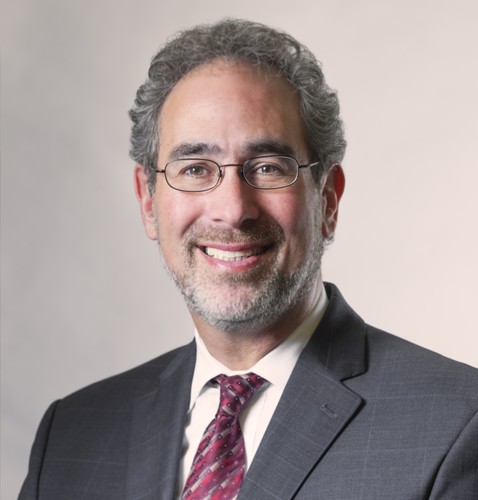Planning with Advanced Directives: How to Avoid Mental Hygiene Law Article 81
October 19, 2022 |
Articles
What is a Mental Hygiene Law Article 81 Guardianship and how can you help your clients or loved ones avoid needing to be subject to one in the future? This article will help you as a practitioner or concerned family member point out best practices and highlight why advance directives are equally as important to any estate plan as any other document such as a last will and testament or trust.
An Article 81 Guardianship is a judicial proceeding, typically filed in New York State Supreme or County Court, where the court is asked to determine whether an individual needs a guardian and who should be that guardian. Typically, the parties who commence Article 81 Guardianship proceedings are either close family or friends, a government agency such as Adult Protective Service, or a medical facility. The relief requested can normally be avoided by advanced directives: power of attorney documents for legal and financial decisions; and health care proxies for medical decisions.
As estate planning practitioners, it is our job to not only educate our clients of the importance of having advanced directives but make sure the document accomplishes their estate planning goals currently and in the future. This will avoid a court making these decisions for them.
The shortlist below includes several considerations on advance directives that can assist in avoiding being the subject of an Article 81 Guardianship in the future:
- Keeping original versions of documents secure
- Ensuring the document terms are expansive but narrowly tailored to provide for future planning within the client’s desired estate plan, should they lack capacity in the future
- Ensuring the documents are properly executed
- Choosing individual(s) who will best be appropriate for the role
Please contact Lippes Mathias’ trusts and estates practice team at 716.853.5100 to ask any questions regarding the above or to schedule a time to get your advanced directives in place.
Related Team
Related Content

Press Releases
David E. Siegfeld Appointed to Board of Directors of Jewish Family Services of Northeastern New York
September 3, 2025


Press Releases
Partner David E. Siegfeld Renews Board Role at Hospitality House Therapeutic Community
September 3, 2025


Press Releases
89 Lippes Mathias Attorneys Recognized in the 2026 Edition of The Best Lawyers in America®
August 21, 2025


Events
West Palm Beach Trusts & Estates Seminar
January 22, 2025

TAGS
TRUSTS & ESTATES ESTATE PLANNING ESTATE PLANNING WEEK
PRACTICE TEAMS
TRUSTS & ESTATES



